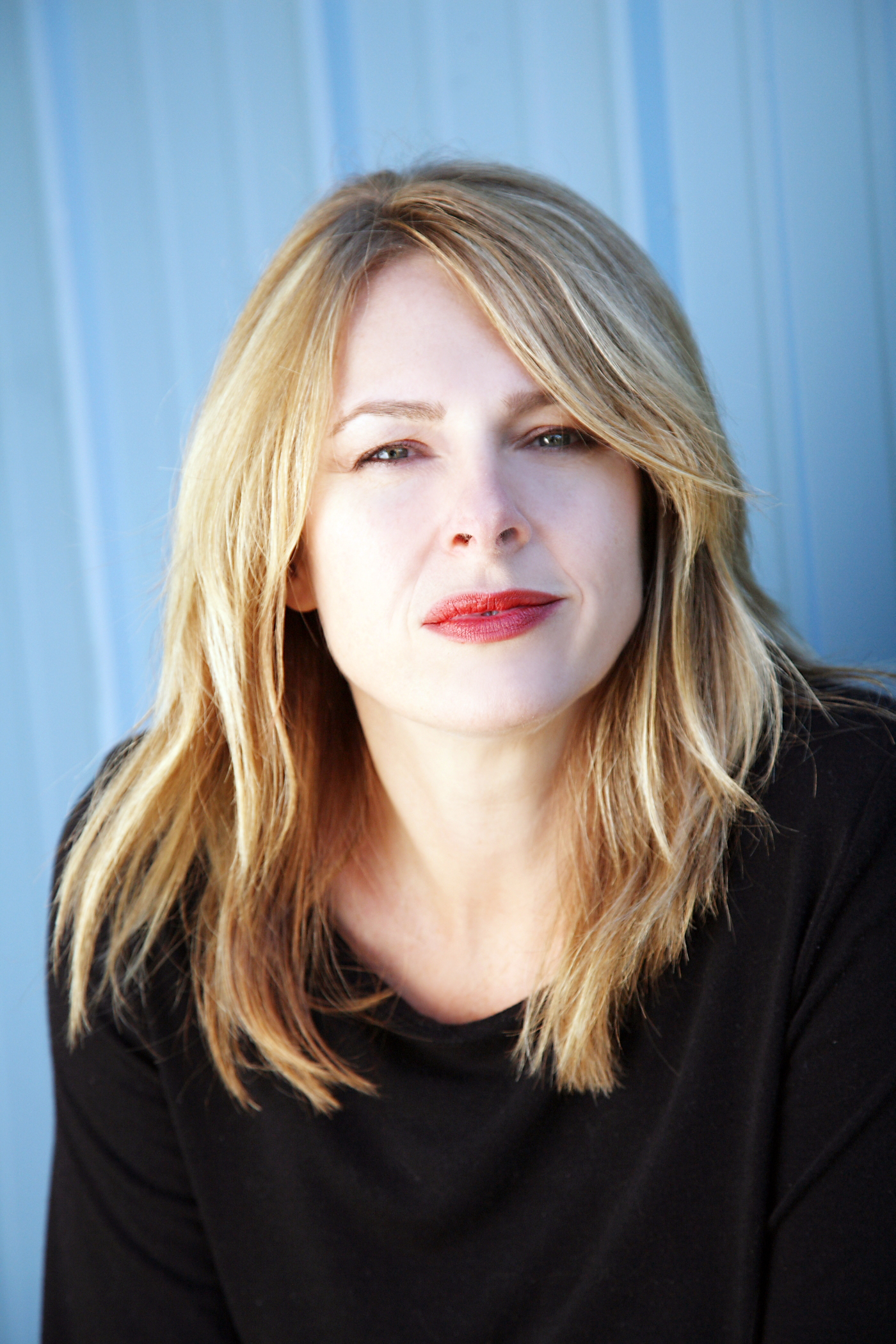Alumna Rhoda Janzen to read from her collections ‘Babel’s Stair,’ ‘The Next Big Thing,’ for Hammer Museum’s poetry reading series

Rhoda Janzen, author of the best seller “Mennonite in a Little Black Dress” and the poetry collection “Babel’s Stair,” will be doing a poetry reading at the Hammer.
Credit: HAMMER MUSEUM
Poetry Reading: Rhoda Janzen
Today, 7 p.m.
Hammer Museum, FREE
By Arit John
Feb. 17, 2011 1:01 a.m.
Before attending UCLA, alumna Rhoda Janzen was raised in a conservative Mennonite home. In her early adult years, she drifted away from the world of her Christian upbringing ““ she modeled, got married and got her doctorate ““ but it is her return home that is most evident in her work.
Today, Janzen will be reading from her two poetry collections ““ 2006’s “Babel’s Stair” and the unreleased “The Next Big Thing” ““ for the Hammer Museum’s poetry reading series.
UCLA English Professor Stephen Yenser chose both distinguished and up-and-coming poets from around the country for the series, which aims to promote art to the UCLA community.
“The poetry series at the Hammer … is a crucial part of the Hammer Museum’s mission to explore the capability of art in all its forms to impact and illuminate our lives,” said Claudia Bestor, the Hammer Museum’s director of public programs and education.
Janzen received her master of arts in 1997 and doctorate in poetry in 2002 from UCLA, and she was the University of California Poet Laureate in 1994 and 1997. In 2009 she published a memoir, “Mennonite in a Little Black Dress,” about her experience moving back in with her conservative Mennonite parents as an adult.
Yenser taught at UCLA while Janzen was a student and read her work before she was first published.
He said her knowledge of several languages ““ Italian, French and German ““ added life to her use of language.
“What attracts me about her work is its linguistic vitality. Her language is very rich ““ she speaks other languages besides English, (and) these other languages affect her English. It’s very layered, textured,” Yenser said.
Whereas Janzen’s memoir focuses on her personal experiences, she said her poetry is more cerebral.
It is influenced by cultural history and her understanding of politics and political theory, social practice and expressions of theology, Janzen said.
“For me, the poetry has more to do with my academic training and my literary background. Whenever you’re writing poems you’re calling on that tradition, and you’re in dialogue with the works of other poets, even generations of poets,” Janzen said.
According to Janzen, the poems in “Babel’s Stair” are more critical than the poems in “The Next Big Thing.” Janzen was married to her first husband when she wrote the first set of poems, and the intellectual climate of their relationship played into the tone of her work. Though she would not call the poems negative, she said they were dry and at times a little cynical.
“When I was in that first marriage, that’s sort of the centerpiece of my memoir, my ex-husband and I focused on matters of intellectual engagement. That was the thing that we had in common, and oftentimes we were focusing in a critical way, together,” Janzen said.
Since writing “Babel’s Stair,” Janzen has started reconsidering the role of religion in her life. This idea is the focus of the not-yet-published follow-up to her memoir, “Backslider,” and accounts for the lighter tone in “The Next Big Thing.”
“The poems in the new book are probably a little more positive and a little more life-affirming than the poems in “˜Babel’s Stair,'” Janzen said.
“I wrote most of (the “˜Babel’s Stair’ poems) before I had started proactively to start thinking about faith issues, and so many of them are more cynical and many of them are more critical, maybe they have a little darker edge.”
The one thing all of her works have in common, however, is Janzen’s sense of humor.
“I think, for me, a sense of humor is a tool. It’s like a gift, really, that’s available for anyone who wants to pick it up and use it,” Janzen said. “If it’s going to be useful at all, it should be useful … when bad things happen.”

